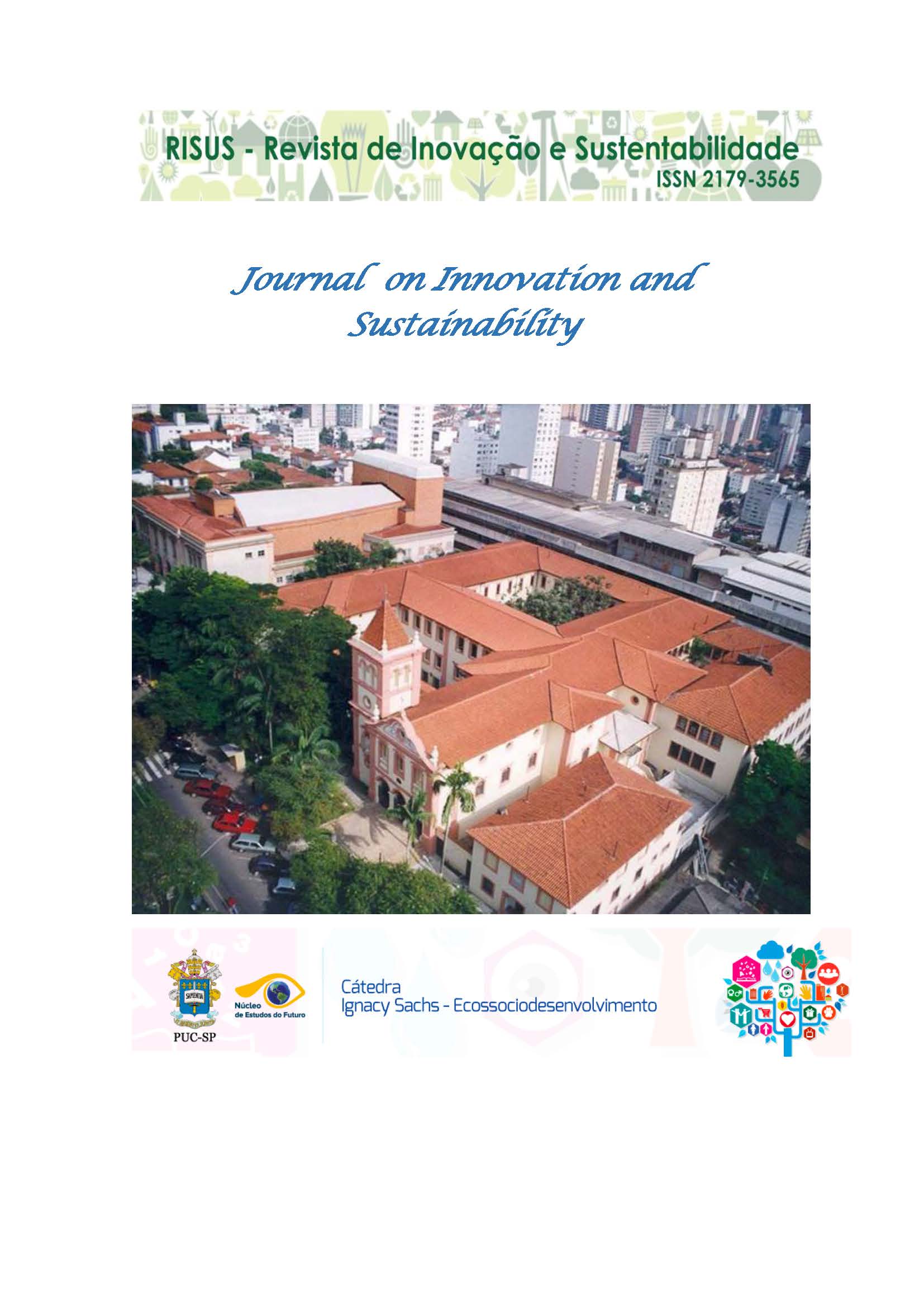Impact of internal control systems on financial irregularities in local governments
insights from the developing world
DOI:
https://doi.org/10.23925/2179-3565.2024v15i2p16-32Keywords:
Internal Controls, Local Governments, Financial Irregularities, Public SectorAbstract
This study investigates the impact of internal control systems on financial irregularities in 11 municipalities spread across 7 regions in Ghana. Using a descriptive research design and a quantitative approach, data was collected through a structured questionnaire. The study established challenges hindering the implementation of internal control systems as; inadequate resource allocation, unsatisfactory staff rewards, unnoticed misconduct, and collusion among staff. The findings provide valuable insights for management and policymakers in the public sector, offering recommendations to enhance operations by strengthening internal control systems.
Recommendations include adopting best practices, providing additional resources and training, integrating internal controls with risk management, conducting regular staff performance audits, and enacting laws and regulations to enforce internal control implementation and report financial irregularities. The study depends hugely on self-reported quantitative information, audit reports, local government reports, and literature. Future studies should consider mixed methods approach to the study. This will offer an opportunity to collect qualitative data to explain the observed patterns.
References
Abdulai Y. (2018). Assessing the Effectiveness of Internal Control Systems in the Public Sector of Ghana on Selected District Assemblies in Northern Region, Ghana. Research Journal of Finance and Accounting, 9(22), 44-50.
Agbenyo, W., Jiang, Y., & Cobblah, P. K. (2018). Assessment of Government Internal Control Systems on Financial Reporting Quality in Ghana: A Case study of Ghana Revenue Authority. International Journal of Economics and Finance, 10(11).
Amponsah-Tawiah, K., Appiah, J. K., & Opoku, R. A. (2018). Evaluation of the effectiveness of internal control systems in the Accra Metropolitan Assembly. Journal of Finance and Accounting, 6(1), 1-10.
Asante, J., Afrifa, R., & Agyekum, F. (2016). The effectiveness of internal control systems of local government authorities in Ghana: A study of the Cape Coast Metropolitan Assembly. International Journal of Scientific and Research Publications, 6(4), 509-516.
Attah-Botchwey E. (2018). Internal Control as a Tool for Efficient Management of Revenue Mobilization at the Metropolitan, Municipal and District Assemblies in Ghana. A Case Study of Accra Metropolitan Assembly. American International Journal of Contemporary Research, 8(1), 29-36.
Bawuah, K. (2021). Effect of internal controls on financial irregularities in local government institutions: A case study of Weija-Gbawe Municipal Assembly. Journal of Public Administration and Governance, 11(3), 1-18.
Chen, M., Pan, L., & Zhang, Y. (2020). The impact of internal control on the prevention and detection of financial irregularities in the public sector: Evidence from China. Journal of Financial Crime, 27(3), 890-905.
Fogarty, T. J. (1996). The imagery and reality of peer review in the U.S.: Insights from institutional theory, Accounting, Organizations and Society, 12(2-3), 243-267.
Ghana Statistical Services (2020). www.statsghana.gov.gh. Retrieved 2020-05-27.
Kenyon, W. & Tilton, P. D. (2006). Potential red flags and fraud detection techniques: A guide to forensic accounting investigation, Forst Edition, John Wiley & Sons, Inc, New Jersey.
Maseko N. (2015). Internal Control Framework choices for firms, Doctorate of Business Administration, Swiss Management Centre University.
Meyer, J., & Rowan, B. (1977). Institutionalized Organizations: Formal Structure as Myth and Ceremony. American Journal of Sociology, 83, 340-363.
Muthusi, D.M. (2017). ‘Internal Controls and Financial Performance of Commercial Banks in Kenya’.Ngari, G.M. (2019). 'The effect of internal controls on the financial performance of microfinance institutions in Kenya’, International Academic Journal of Economics and Finance, 2(3), pp. 112-140.
Njagi, A. W., & Mwangi, M. (2019). Effect of internal controls on Revenue Collection of Level Five Hospitals in Kiambu County. International Academic Journal of Economics and Finance, 3(3), 98-116.
Oduro, I. M., & Cromwell A. S. (2018). Internal Control and Fraud Prevention in the Ghanaian Local Government Service, European Journal of Business and Management, 10(14), 46-58.
Sigilai, C. J., Osodo, P., and Nyiva, M. (2016). "The influence of innovativeness and pro-activeness on the performance of private colleges in Eldoret town, Kenya", International Journal of Commerce and Management Research, 3(8), pp. 24–29.
Tetteh, R., Anning-Dorson, T., & Nyame-Asiamah, A. (2021). Factors contributing to financial irregularities in local government in Ghana: A case study of Techiman Municipal Assembly. African Journal of Public Affairs, 14(1), 14-28.
Uddin, M. J., Hossain, M. A., & Bristi, N. J. (2017). The impact of internal control system on financial performance: Evidence from the public sector of Ghana. European Journal of Business and Management, 9(8), 1-7.
Wu, H., Zhang, X., Li, S., & Li, X. (2021). The impact of internal control on financial irregularities in the public sector: Evidence from China. International Journal of Environmental Research and Public Health, 18(5), 2475.
Yamane Taro (1967). Statistics: An introductory Analysis, 2nd edition, New York.

Downloads
Published
Issue
Section
License
This Journal is licensed under a Creative Commons Attribution-Non Commercial-No Derivers 4.0 International license.
1.The author (s) authorize the publication of the article in the journal;
2.The author (s) warrant that the contribution is original and unpublished and is not in the process of being evaluated in other journal (s);
3. The journal is not responsible for the opinions, ideas and concepts emitted in the texts, as they are the sole responsibility of its author (s);
4. The editors are entitled to make textual adjustments and to adapt the articles to the standards of publication.

